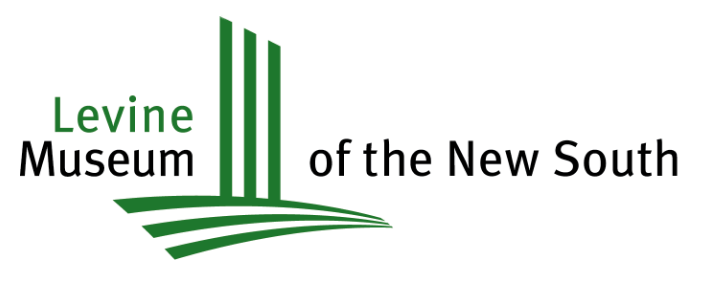Amanda Styles, Piedmont IB Middle School
Katie Willett, Myers Park High School
Compelling Question
How did North Carolinians react to the fear of communism and nuclear war?
Background Information
After World War II, the United States engaged in another global conflict called the Cold War from 1945 to 1989. It began as the communist Soviet Union expanded its influence into Europe and Asia. The capitalist United States opposed this expansion to defend democracy. In capitalism, citizens, not the government, control industry for profit. In a communist system, individual people do not own trade and industry. Instead, the government or a community owns it. Instead of combat, the Cold War consisted of disagreements about governance and economics. Fear, political policies, spying, and technology fueled the conflict. There were also proxy wars, or indirect conflict, between the two superpowers. The United States adopted a policy known as containment. Containment prevented communism from spreading by containing it behind the “Iron Curtain.” This imaginary boundary separated democracies from nations under the control of the Soviet Union or China.
The United States and the Soviet Union competed in technological advancements during the Cold War. This included building new weaponry such as the hydrogen bomb, an even stronger nuclear bomb than previous versions. Each government also poured money into aerospace research, which helped the United States to develop NASA.
As a major consequence of the Cold War, many United States citizens were victims of the “Red Scare.” This was a hysterical fear of communist spies and sympathizers among the population. This scare fueled McCarthyism, which encouraged people to spy on one another and turn over others for suspected communism. Fear of nuclear attack also became a part of American culture. North Carolinians and others built bomb shelters and participated in bomb drills. Schools showed children a cartoon that suggested they “duck and cover” under their desks in case of an attack.
The Cold War period was still far from bloodless. The Korean and Vietnam Wars were two proxy wars that broke out due to the tensions between countries over the communism question. North Carolina and other states contributed many soldiers to these overseas wars that did very little to end the Cold War. Another frightening moment of the Cold War was the Cuban Missile Crisis. In October 1962, U.S. and Soviet Union leaders engaged in a standoff over the installation of Soviet nuclear missiles in Cuba. Just 90 miles away, Cuba was very close to the U.S. North Carolina almost experienced a nuclear weapon accidentally dropping on its soil.
The Cold War came to an end in the 1980s as the Soviet Union began to see uprisings from countries under their control or influence. Attitudes on nuclear weaponry, space travel, and war were shifting and preventing the Cold War from thriving as it once had. In 1989, Germans tore down the Berlin Wall, putting a symbolic end to the Cold War. By 1991, the Soviet Union had dissolved into independent countries.
vocabulary
Democracy: government exercised directly by people or by their elected representatives
Superpowers: extremely powerful nations
Aerospace: manufacture of aircraft, rockets, missiles, spacecraft, etc.
NASA: National Aeronautics and Space Administration
Sympathizers: people who agree with or share your cause
Sources
Student Activities
Write a letter to your local newspaper editor about Americans’ fear of nuclear weapons or communism.
- When people write to editors, they write for different reasons such as:
- They agree with content and want to say something about a topic
- They disagree with content and want to explain why
- They want to provide some additional information about the subject
- When a letter is well-written, editors may publish or respond to it. A strong letter is:
- Written clearly
- Brief (short)
- Supported with claims backed up by facts
Follow this format to write your letter:
- Date:
- Dear Editor,
- Paragraph 1: Summarize the issue of your choice about Americans’ fear of communism OR nuclear weapons.
- Paragraph 2: STATE your claim on the topic.
- Paragraph 3: Back up your claim with at least 3 facts from the sources studied. Hint: You will need to reference these in your paragraph.
- Paragraph 4: Thank the editors for reading your letter.
- Sincerely,
- Your Name
Imagine you are running to be a United States Senator from North Carolina. Design a campaign poster that indicates your stance on the Cold War and addresses North Carolinians’ fear of communism. You should use both images and text. Images may be drawn or printed. You must cite your sources on the back of the poster, including any image used that you did not create.
OR
Create a political cartoon that either supports or disagrees with North Carolinians’ fear of communism. You should use both images and text. Images may be drawn or printed. You must cite your sources on the back of the cartoon, including any image used that you did not create.






